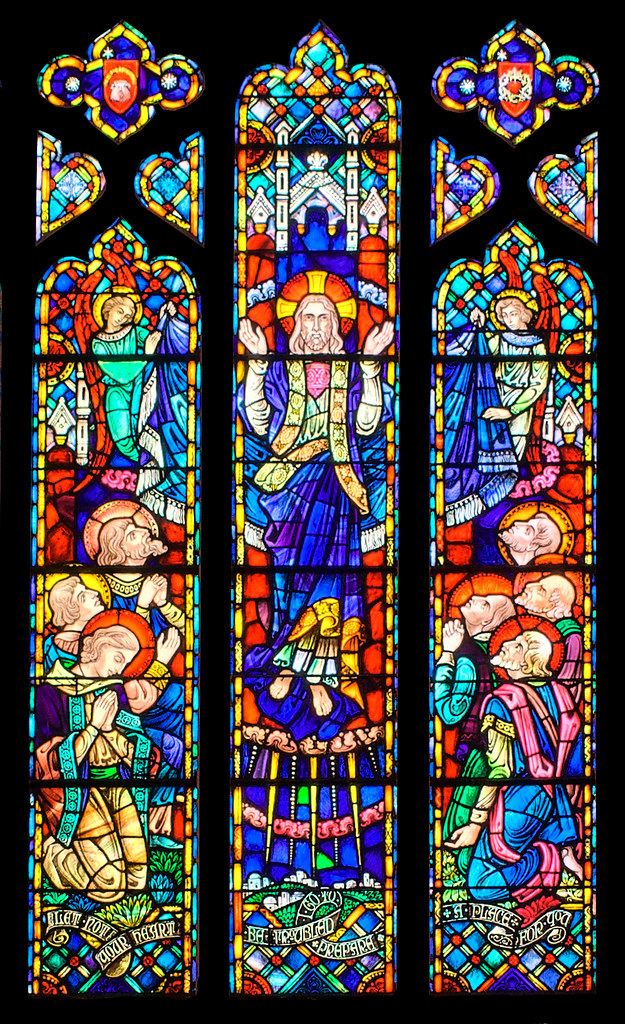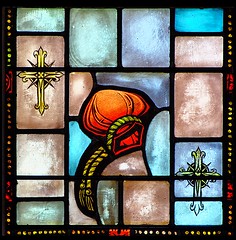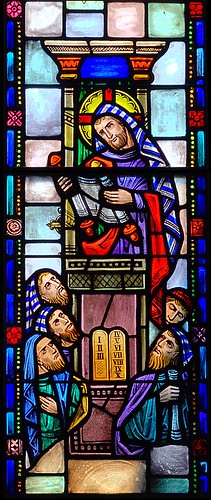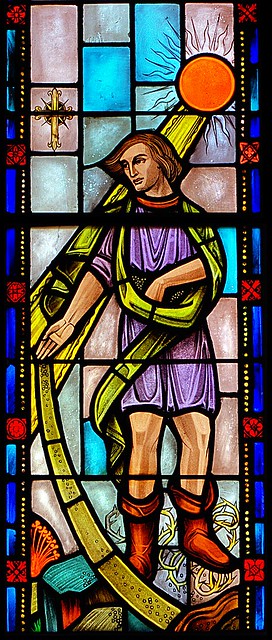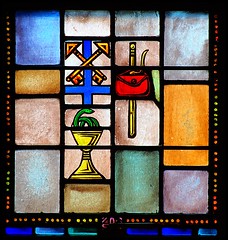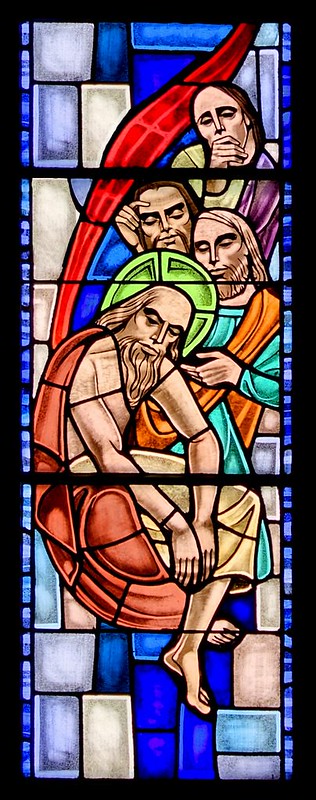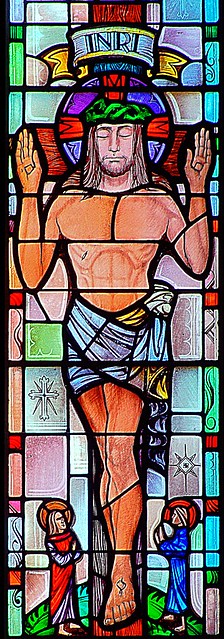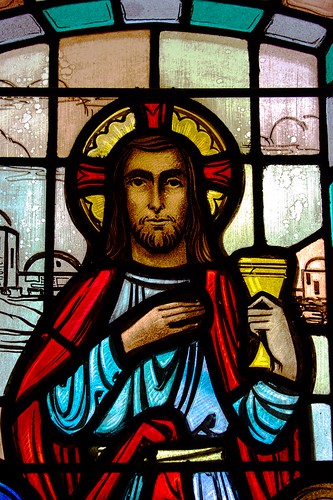 |
| "Given for you for the forgiveness of your sins |
The unbeliever has access to forgiveness and salvation, just as believers do, but because they refuse to believe, they do not receive the benefits of that forgiveness and salvation. It is as if your Father said, “I have deposited a million dollars into a bank account in your name. It is for you to live on and invest for your needs for the rest of your life.” If you believe that your Father is telling the truth, you will access the money in that account when you have need, and you will receive the benefits of that gift. On the other hand, if you do not believe that he is telling the truth (even though He is), or you don’t want the gift, or you want to earn your own way through life – though for reasons you do not understand, you are unable to do so – then you will not receive the benefits of your Father’s gift, even though it is always there and waiting for you to use it.
 |
| A savior is born to you |
It was also kind of strange that the angel said to the Bethlehem shepherds that Jesus was born for them, but he didn’t say this to Mary when he visited her nine months earlier. We would assume that a child was born for his father and mother, but the angel didn’t say that, lest Mary would think that the child was born for her alone. Mary certainly did believe, and she did receive the blessings of forgiveness, life, and salvation that Jesus won for the world, but she knew that her firstborn son did not come to benefit her alone, but His salvation would be for the whole world. That is why Mary called her son, “my savior” (Luke 1:47) in the Magnificat which she sang when she visited Elizabeth, her relative, and mother of John the Baptizer.
Mary recognized that she was blessed, but other than that, she realized that she was nothing special. Later on, during Christ’s ministry (Luke 11:27-28), a woman tried to give the blessed virgin mother more credit than what was due to her when she said to Jesus, “Blessed is the womb that bore you, and the breasts at which you nursed!” Jesus responded, “Blessed rather are those who hear the word of God and keep it!” Jesus was neither insulting His mother, nor was he trying to say that she was not blessed. Jesus was saying that Mary was not blessed because she was the one woman in all of history who gave birth to the savior of the world, instead, she was blessed because she believed that her firstborn son, conceived in her by God, the Holy Spirit, would save her from her sins. In this way, Mary is like all believers. Everyone who believes in Jesus as their savior has the blessings of forgiveness, life, and salvation that Jesus won for us all when He died on the cross. The Holy Scriptures say this many times:
“To him (Jesus) all the prophets bear witness that everyone who believes in him receives forgiveness of sins through his name.” (Acts 10:43)
 |
| God's Christmas gift to the world His own Son to save us |
“For Christ is the end of the law for righteousness to everyone who believes.” (Rom 10:4)
“For the Scripture says, ‘Everyone who believes in him will not be put to shame.’” (Rom 10:11)
“Everyone who believes that Jesus is the Christ has been born of God, and everyone who loves the Father loves whoever has been born of him.” (1 John 5:1)
Because the Salvation of Jesus comes as a gift (see Ephesians 2:8-9; Romans 3:24; Romans 5:15-17 for example) it is available for free to all who believe in Jesus as their savior from sins. You are just as blessed as Mary if you believe in Jesus as your savior, as Mary also did. Because salvation is a precious gift from God to you, this is why Christians celebrate the birth of our savior by praising God on Christmas, and giving one another gifts in recognition of the priceless gift that God gave us in sending His own Son to be our savior.
Christ bless you this Christmas, and always. Merry Christmas!





